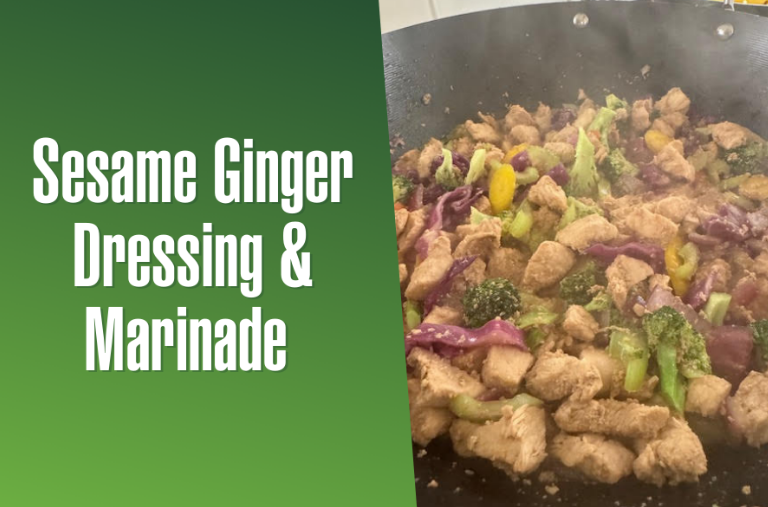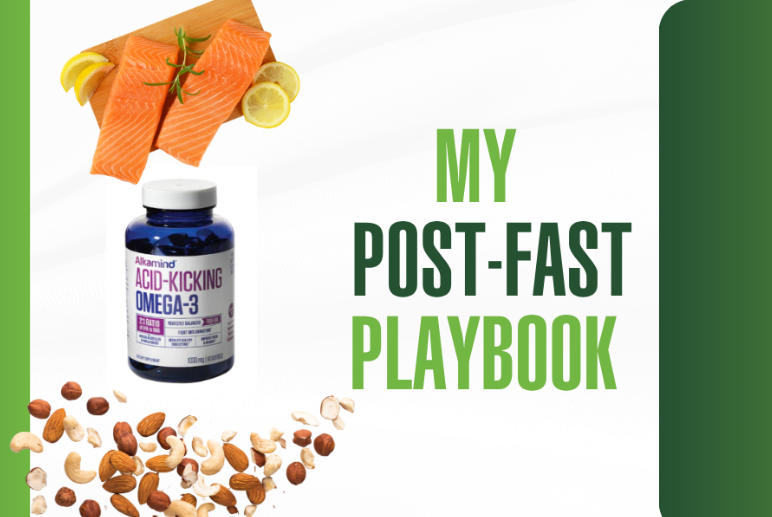Aside from being one of the most annoying PMS symptoms known to women, bloating can happen any time of the month, to anyone, and I’m willing to bet you’ve been there before. It's that awful sensation that feels like you've got some sort of weighted pit wallowing in your gut that won’t budge, no matter how hard you squirm or push to release the bubble. The good news is that bloating is totally normal, and nothing to be embarrassed about. But there are red flags of bloating to make yourself aware of, because in the worst case scenario, it's not just about passing gas.
In an exclusive interview with Elite Daily, Dr. Josh Axe, D.N.M., C.N.S., D.C., founder of Ancient Nutrition and DrAxe.com, explains that, typically, the root cause of bloating traces back to something like "stress, poor diet, excessive gas, and water retention," but it could also be a sign that something more serious is going on. So, while it definitely could just be a case of an uneasy gut, it's best to consider what else is going on around your body before making assumptions one way or another.
Before you panic, or write off bloating as normal gas pains, Dr. Axe suggests asking yourself, "Besides the bloating and that feeling of heaviness, what other symptoms are you experiencing?" This will help you to better pinpoint whether or not you need medical attention, or just a trip to the bathroom. Here are a few red flags associated with bloating to be wary of.

Celiac disease is an autoimmune condition that flares up in people who have a gluten allergy. In other words, if someone with celiac disease eats foods that are made with wheat, barley, or rye, their small intestine will suffer. According to CBS News, bloating is one of the most common symptoms of celiac disease, and it typically happens almost instantly after the person eats some form gluten.
Be sure to pay close attention to what you're putting into your body, and how you're feeling after you eat. If you often experience that too-full-to-function discomfort right after a meal, and you have trouble relieving the pain, you might want to get tested for the disease, and talk to your doctor about what foods you should or shouldn't be eliminating from your diet.

As someone who has suffered from IBS for as long as I can remember, I can vouch firsthand: Bloating is a tell-tale sign that something horrendous is about to go down in the bathroom.
IBS is a digestive disorder that affects the large intestine. The problem is, IBS is hard to diagnose, and even harder to treat in many cases, as it really depends on the person's individual body. If all signs point to IBS, your doctor will likely prescribe medication, and suggest diet adjustments and lifestyle changes to prevent the long-winded cycle of bloating, gas, diarrhea, or constipation that can ensue.

Bloating is, essentially, a form of inflammation, and it just so happens that painful abdominal expansion is a red flag that you could be experiencing appendicitis.
Appendicitis is an inflammation of the lower right abdomen. In addition to bloating, Mayo Clinic reports that symptoms can include sharp pain around your belly button, nausea, vomiting, loss of appetite, constipation, diarrhea, and even a low fever. A case of appendicitis needs medical attention ASAP, so do not hesitate to call your doctor if you begin to notice any of these signs in your own body.

According to Everyday Health, traditional food allergies happen when your immune system "misfires against a protein found in food," releasing allergic-reaction-causing chemicals in the body, which can lead to symptoms like bloating. The solution, then, would seem obvious, right? You need to figure out what types of foods are causing this unfortunate reaction, and eliminate them from your diet ASAP.
Now, there are a few different routes you can take here. You could make an appointment with your doctor to perform a traditional allergy test, or you could do a little detective work yourself by taking food groups out of your diet one by one and seeing how you feel.
According to Dr. Daryl Gioffre, author of GET OFF YOUR ACID: 7 Steps in 7 Days to Lose Weight, Fight Inflammation, and Reclaim Your Healthy & Energy, your first order of business should be to cut out sugars, grains, and dairy. "Dairy products and foods with gluten clog up the digestive track, leaving your stomach gassy and bloated," Gioffre tells Elite Daily.
"Sugar and artificial sweeteners," he adds, "are highly acidic and will increase bloating, so try to cut out or at least reduce foods with added sugars, no-calorie sweeteners (the most acidic ingredient on the planet), and high fructose corn syrup."

The term "gallstones" just sounds bad, doesn't it? Well, I'm about to paint a really pretty picture for you.
Gallstones form in your gallbladder, which, according to Healthline, is a "small organ below the liver in the upper right abdomen" that stores green-yellow liquid (otherwise known as bile) to help make digestion easier on the stomach. Still with me? Gallstones are a product of too much cholesterol build-up in said bile, which can cause bloating, stomach pain, chronic diarrhea, and nausea.
As someone who watched her mother struggle with gallstones, trust me, they're definitely not something you want to try nursing on your own. Make an appointment with your doctor immediately if you notice these symptoms, as surgery might be necessary to remove the gallbladder altogether.

Here's what's scary about this life-threatening disease: Symptoms of ovarian cancer are eerily similar to symptoms of IBS, which, according to The Sun, makes it hard to recognize.
Bloating is one of the most prominent red flags of ovarian cancer, but keep in mind, that's definitely not the only sign of the disease. If you notice you're constantly bloated, in addition to symptoms like a change in appetite, lower back pain, an urgent need to pee, low energy, and obvious changes in your menstrual cycle, it's in your best interest to see your doctor ASAP to figure out what's going on.

Ulcers are incredibly painful sores that can form along the lining of your esophagus, stomach, or small intestine, caused by a break in skin or mucous membrane that isn't healing properly.
What's interesting about ulcers is that they can flare up even when your stomach is completely empty. According to Everyday Health, the pain can last anywhere from a few minutes to a few hours, with symptoms ranging from bloating and gas pains, to unintentional weight loss. You can nurse an ulcer with antibiotics prescribed by your doctor, or go the holistic route by eating low-processed foods, and keeping stress levels low.
As always, though, when it comes to decoding any of these potential red flags, it's always best to talk to your own doctor about what they might mean.
 Skip to content
Skip to content




